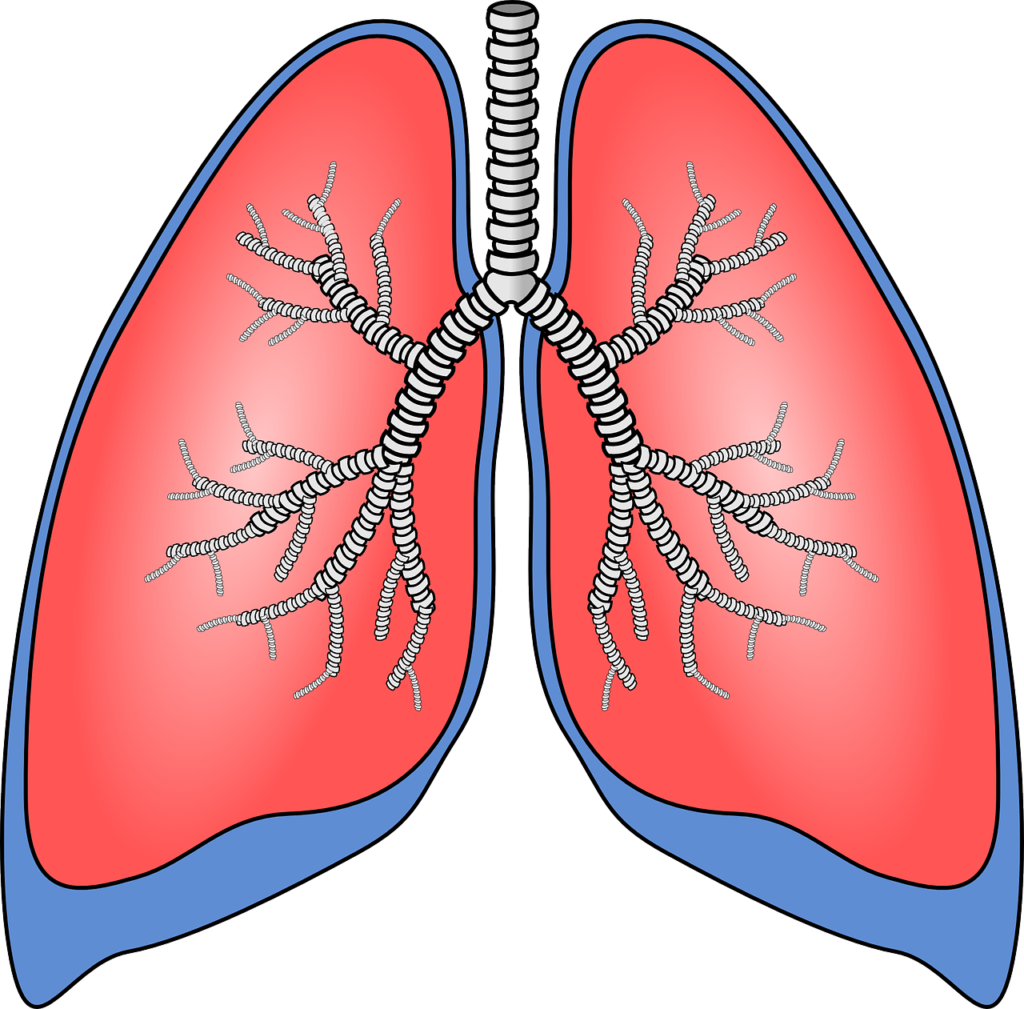4 Surprising Benefits of Breathing Through Your Nose

Breathing is an involuntary and important task, yet the way we breathe can profoundly impact our health and well-being. While many of us take our breath for granted, the way we breathe—particularly through the nose—can offer a wealth of benefits that extend far beyond simply supplying oxygen to our bodies. In this article, we delve into the fascinating world of nose breathing, uncovering its numerous advantages for physical, mental, and emotional health.
The Physiology of Nose Breathing
Nose breathing, as opposed to mouth breathing, plays a crucial role in optimizing respiratory function and overall health. The nose acts as a natural air filter, capturing airborne particles, pollutants, and pathogens before they enter the respiratory system. Additionally, the nasal passages are lined with specialized cells that produce nitric oxide, a powerful molecule with vasodilatory and antimicrobial properties. By breathing through the nose, we harness the benefits of nitric oxide, which helps regulate blood pressure, improve circulation, and enhance immune function.
Moreover, nose breathing promotes mucociliary clearance, a mechanism where tiny hair-like structures called cilia move mucus and trapped particles toward the throat for expulsion. This process helps keep the respiratory tract clean and free of irritants. Overall, the physiology of nose breathing highlights its role in maintaining respiratory health and supporting overall well-being by optimizing air quality and enhancing immune function.
Enhanced Oxygenation and Lung Function
Nose breathing serves as a fundamental component of respiratory health, fostering a range of physiological benefits that extend throughout the body. Through the intricate anatomy of the nasal passages air undergoes filtration, humidification, and warming, ensuring optimal conditions for gas exchange in the lungs. This filtration process not only guards against respiratory infections and allergies but also promotes more efficient oxygen uptake and delivery to the body’s tissues, supporting cellular metabolism and vitality.
Nose breathing encourages diaphragmatic breathing, characterized by deep inhalations and exhalations that engage the diaphragm and maximize air intake. This promotes better lung expansion, ventilation, and oxygenation of the blood, enhancing overall respiratory function and health. By prioritizing nasal breathing and adopting conscious breathing techniques, individuals can optimize oxygenation, improve lung function, and reap the myriad benefits associated with this fundamental aspect of human physiology.
Stress Reduction and Relaxation
Nose breathing is intricately linked to stress reduction and relaxation, offering a simple yet effective way to manage the body’s response to stressors. By breathing through the nose, individuals activate the parasympathetic nervous system—the body’s rest and digest mode—while simultaneously dampening the sympathetic nervous system’s fight or flight response. This shift in autonomic nervous system activity leads to a decrease in heart rate, blood pressure, and cortisol levels, promoting a state of calmness and tranquility.
The act of nose breathing helps create diaphragmatic breathing, known for deep, rhythmic inhalations and exhalations that engage the diaphragm fully. This type of breathing enhances oxygenation, reduces muscle tension, and alleviates symptoms of stress and anxiety. By incorporating nose breathing techniques into daily routines, individuals can harness its relaxation benefits to foster resilience, emotional balance, and inner peace, ultimately improving overall well-being and quality of life.
Improved Cognitive Function and Focus
Nose breathing profoundly impacts cognitive function and focus by optimizing oxygen delivery to the brain and promoting a state of relaxation conducive to mental clarity. The nasal passages’ intricate structure ensures efficient gas exchange, supporting neuronal metabolism and neurotransmitter production essential for optimal brain function. This increased oxygenation, coupled with the activation of the parasympathetic nervous system through nasal breathing, creates an ideal environment for cognitive processing and information retention.
The rhythmic pattern of nasal breathing synchronizes with brainwave activity, particularly in alpha and theta frequencies associated with wakeful relaxation and heightened awareness. Research indicates that incorporating nasal breathing techniques, such as pranayama or mindfulness-based exercises, into daily routines can enhance cognitive function, memory retention, and decision-making abilities. By prioritizing nose breathing, individuals can cultivate mental resilience, promote emotional well-being, and unlock their full cognitive potential, fostering productivity and creativity in various aspects of life.
Enhanced Sleep Quality
Enhanced sleep quality is a significant benefit of nose breathing, as it contributes to better respiratory function, relaxation, and overall well-being during the night. Breathing through the nose helps maintain optimal airway patency and ventilation, preventing obstruction and interruptions in breathing that can disrupt sleep. By ensuring unimpeded airflow through the nasal passages, nose breathing reduces the risk of snoring, sleep apnea, and other breathing-related sleep disturbances, allowing individuals to experience more restful and uninterrupted sleep cycles.
Furthermore, nasal breathing promotes proper oxygen and carbon dioxide exchange in the bloodstream, supporting respiratory efficiency and gas balance during sleep. This helps prevent episodes of hypoxia (low oxygen levels) and hypercapnia (high carbon dioxide levels), which can negatively impact sleep quality and contribute to daytime fatigue and cognitive impairment. By optimizing respiratory function and maintaining stable blood oxygen levels throughout the night, nose breathing promotes deeper, more restorative sleep, leading to increased daytime alertness, mood stability, and overall health. Incorporating nasal breathing techniques before bedtime can promote relaxation, reduce nighttime congestion, and improve sleep onset and duration, ultimately enhancing the quality of restorative sleep and fostering overall well-being.
Conclusion
Nose breathing is not merely a passive physiological process but a powerful tool for enhancing health, vitality, and overall well-being. From optimizing respiratory function and oxygenation to reducing stress and improving cognitive function, the benefits of nose breathing are profound and far-reaching. By cultivating conscious awareness of our breath and prioritizing nasal breathing in our daily lives, we can unlock the transformative potential of this simple yet potent practice.